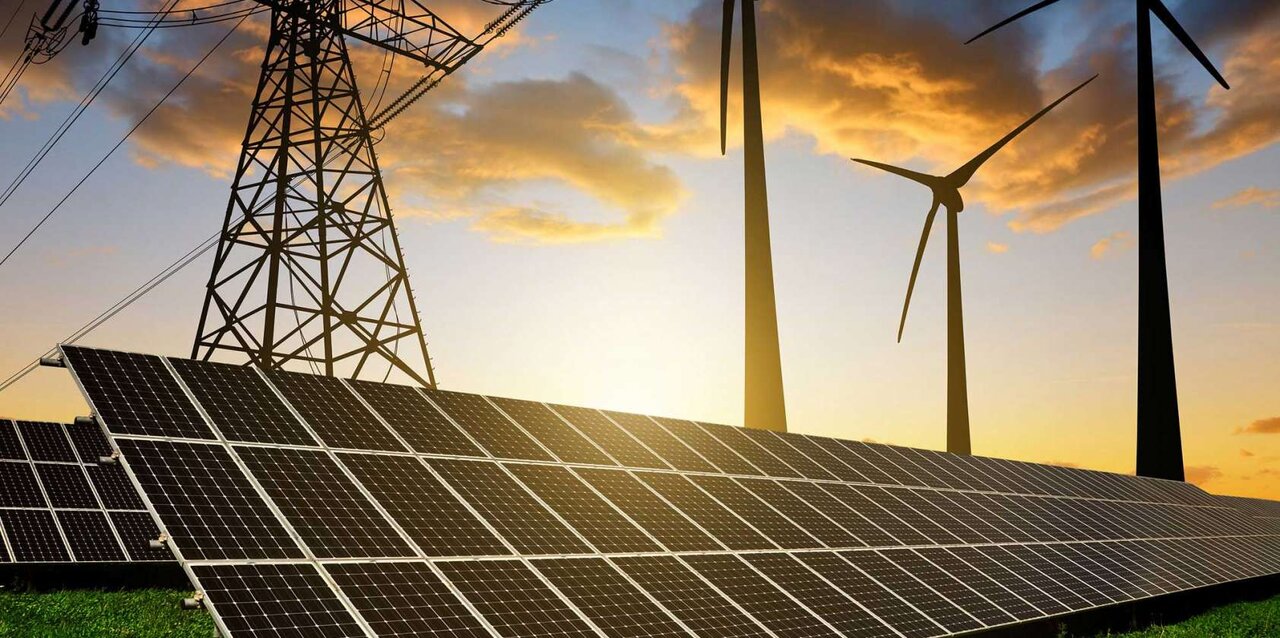New energy minister must focus on renewables

TEHRAN - In a meeting with legislators sitting on the Parliament National Security and Foreign Policy Committee on Monday, the proposed energy minister, Abbas Ali-Abadi, elaborated on his plan to increase electricity production, if he gets the necessary votes from the parliamentarians to take over the ministerial position.
Ali-Abadi said the Energy Ministry must counter an imbalance of 18,000 megawatts of electricity through electricity production and efficient use, according to parliamentary committee spokesman Ebrahim Rezai.
“Elaborating on his plan, Ali-Abadi said old power plants should be repaired, half-finished plants should be completed and renewable plants should be expanded and given priority,” Rezai quoted the proposed minister as saying.
It is widely believed that Iran is a wasteful country in terms of energy consumption and this excessive use is chiefly due to the cheap price of energy. Reportedly, Iran with 89 million population, consumes electricity as much as Egypt and Spain combined. According to the 2024 censuses, Egypt has 116 million population and Spain 47 million. Extravagant use of energy is not just limited to electricity. The excessive use of energy is much worse when it comes to gasoline, diesel, and natural gas which the Oil Ministry is responsible for.
It is heartening that the proposed minister has said the priority in producing electricity is tapping renewables. We hope that the new Pezeshkian government and particularly the Energy Ministry have realized the importance of renewable sources of energy.
Transitioning to renewable energy is essential given the fact that carbon dioxide, mostly resulting from use of fossil fuels, is the main cause of global warming.
Though it is necessary to repair and complete thermal power plants to meet the current needs, transitioning to renewable energy is not a choice but a necessity.
Given its vast geography, which seems like a subcontinent, and its geographical location on the earth, Iran is among the countries best suited for producing energy from solar panels.
On the other hand, citizens should be trained to use electricity efficiently. This can be achieved by imposing preventative fines on those who do not observe the standards in electricity consumption, stopping subsidizing electricity, and training citizens about the environmental importance of saving energy.
It should be acknowledged that the majority of people around the world, including Iran, don’t know how much emissions are released into the atmosphere by power plants.
In addition to producing electricity through renewables, the government should compel certain ministries, organizations or companies to install solar panels on the roof of their buildings or other open spaces to generate at least part of their electricity needs. For example, Bimeh Asia Co. (Asia Insurance Co.) is rich enough to install solar panels to produce part of its energy consumption. However, one of its branches in downtown Tehran uses a diesel-powered engine to produce electricity in the hot summer to produce electricity to compensate for the shortage of electricity.
Generating electricity through renewable sources, including sunlight and wind, is plentiful. Given the pace of climate warming, which is a serious headache for the human race, it is essential to invest on renewables. Of course, it is quite clear that all countries should immediately turn to renewables and exchange knowledge as human-caused global warming recognizes no borders.
It is true that Iran is an oil and gas-rich country and producing power plants running on fossil fuels is currently easier and possibly more economical, but a failure to invest in renewable energy will do more harm than good.
We will wait to assess the performance of the proposed minister Ali-Abadi if he gets the necessary votes to run the Energy Ministry, especially as the new president, Masoud Pezeshkian, has said the performance of managers is important and not their political tendency.
